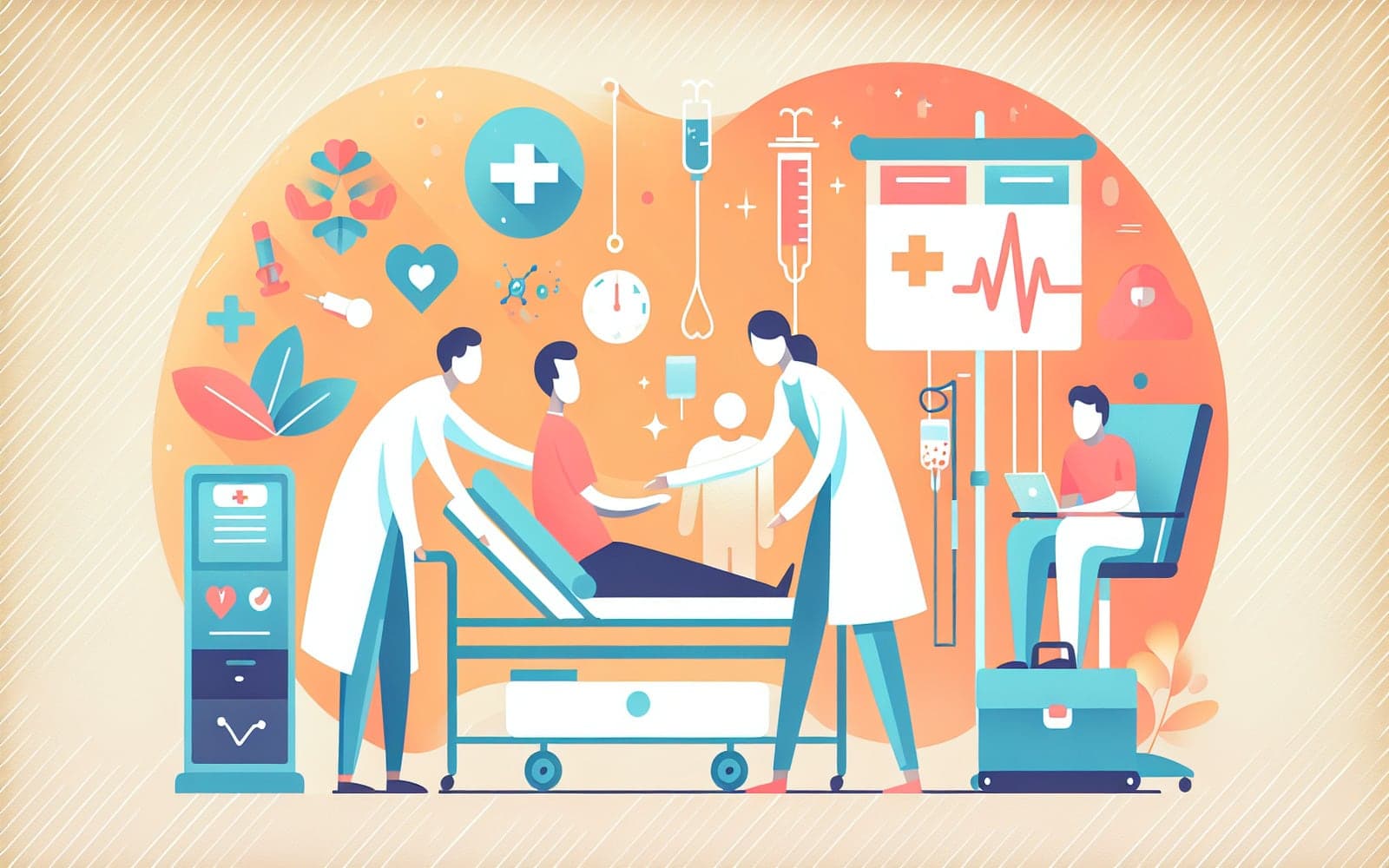Stroke Treatments: What You Need to Know!
Published: Nov 15, 2023
Understanding the therapies available for stroke treatment can help in making informed decisions during this critical time. Learn about the interventions that can save lives.
Contents
Thrombolytic Therapy
Thrombolytic therapy involves the use of medication to dissolve blood clots that cause strokes. It's most effective when administered within a few hours of symptom onset. This therapy can significantly reduce the long-term effects of a stroke if given in time.
Mechanical Thrombectomy
For some patients, a procedure called mechanical thrombectomy may be performed. This involves physically removing the clot from the artery using specialized tools. It's typically used for severe strokes and must be done within 24 hours of symptom onset.

Complementary Treatments
In addition to the main treatments, supporting therapies like aspirin and statins are crucial. They help prevent further clots and manage cholesterol levels, reducing the risk of future strokes. Lifestyle changes, such as diet and exercise, also play a supporting role in recovery.
Frequently Asked Questions
It's a treatment that dissolves blood clots causing strokes.
Patients with severe strokes due to large artery clots may receive this treatment.
Statins help manage cholesterol, reducing the risk of future strokes.
Yes, diet and exercise are vital for supporting recovery and preventing recurrence.
Key Takeaways
Timely and appropriate stroke treatments can significantly improve outcomes and recovery.
Talk with Doctronic to explore treatment options available for stroke recovery.Related Articles
References
Blanco M, et al. Statin treatment withdrawal in ischemic stroke: a controlled randomized study.
Powers WJ, et al. Guidelines for the Early Management of Patients With Acute Ischemic Stroke: 2019 Update.
Always discuss health information with your healthcare provider.

